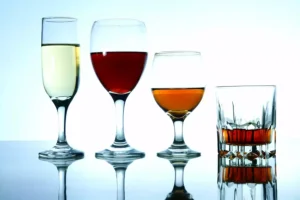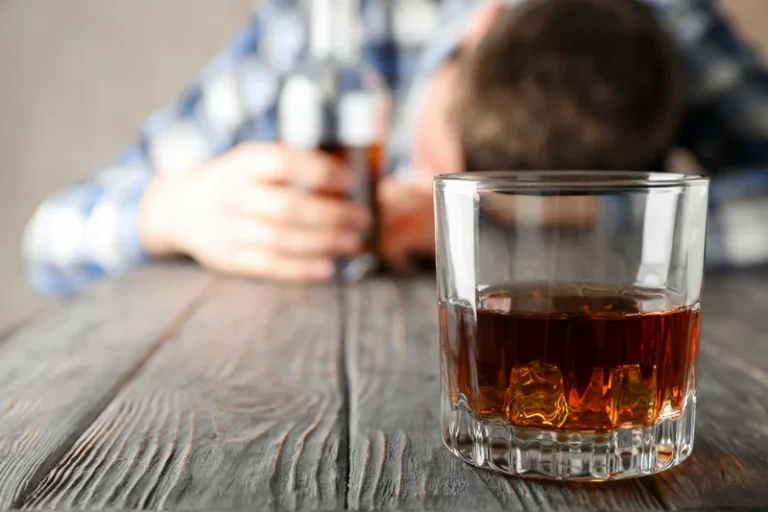
There is significant evidence that alcohol’s effects on the brain can promote aggressive behavior. One experiment concluded that alcohol consumption decreases the consumer’s ability to correctly process social cues, making them more likely to perceive hostility in other people. As a result, people under the influence of alcohol may be more likely to respond with anger and aggression and less able to recognize when another person is withdrawing from a conflict. Individuals who experience a strong tendency toward anger may turn to alcohol in an attempt to elevate their mood or distract themselves from their feelings. Alcohol is often used as a self-management tool in the absence of other self-management tools or capabilities. Even though they speak about anger management in most Alcoholics Anonymous 12-step programs and in rehab, experiencing these emotions is different once you’re sober.
The Eye-Opening Science Behind Alcoholic Rage
If you’re less worried about what others will think, or of any consequences, you could be more likely to have a strong reaction when something upsets you (2). Alcohol causes changes in the prefrontal cortex (PFC), leading to disinhibition. Techniques like deep breathing and mindfulness meditation can help release anger and assist you in identifying and redirecting unhelpful thought patterns. Some studies suggest that these methods may also reduce cravings for addictive substances when practiced consistently.
Psychological “Baggage” and Social Influence

Through various treatment options, we can help you get back to a life of normalcy. For more information about how we can assist you in your recovery journey, read about our alcohol addiction treatment options. There’s no better way to put it — properly addressing alcohol-fueled aggression is crucial for your well-being and relationships. By seeking recovery for problems with alcohol and anger, you can work toward a more positive life. Does a support group seem like it might be out of your comfort zone? Attending one-on-one therapy with a licensed therapist can help you work through anger issues in a more private setting.
Contact Gateway Foundation Today to Learn More About Alcoholism and Anger
Excessive drinking has numerous impacts on your body and mind, ranging from mild to severe. Learn which signs to look out for, and how to care for your well-being. Researchers found that participants who were less inclined to think about the future were more inclined to deliver shocks longer and harder, but especially if they were drunk. Alcohol had minimal impact on aggression for those who alcoholism and anger thought about future consequences. In the study, nearly 500 participants completed a questionnaire about their inclination to consider future outcomes.
- Alcohol use and anger can both be treated using psychotherapy approaches rooted in cognitive behavioral therapy (CBT).
- If you find yourself in a situation with someone who is angry while intoxicated, the first step is to assess your level of risk.
- In others, anger is present before drinking and drinking brings out that anger.
- This involves being aware of exit routes, maintaining a safe distance, and seeking assistance from authorities or trained professionals.
- These programs organize your treatment session based on your schedule.
This is one reason why people are quick to anger when they’re drinking – they are perceiving more threats than they would with no alcohol in their system. When someone enters recovery for alcohol abuse, they usually struggle with anger problems and emotional regulation. The early months of sobriety can be an emotional rollercoaster filled with many highs and lows; the relationship between alcoholism and anger is a complicated one.
The Experience Blog
Domestic violence is https://ecosoberhouse.com/ a very dangerous potential result of alcohol abuse. A 2017 study showed that men under the influence of alcohol had higher rates of physical and sexual aggression. People with co-occurring disorders should receive specialized treatment.

For example, if you’re intoxicated, you might perceive someone bumping into you by accident as a provocation and respond aggressively. Among the many studied physiological and behavioral effects of alcohol is disinhibition, or reduced control over impulses or urges after intoxication. Disinhibition can make you unable to suppress or change an act of aggression that is not appropriate for the situation you’re in. “Trait anger” refers to a person’s general tendency to experience chronic anger over time. An angry person tends to seek out stimuli that activate feelings of anger.
Individualized, evidence based treatment, to fit your needs.
If you or a loved one is struggling with alcoholism, contact FHE Health today and get on the road to recovery. The existence of an angry “crazy drunk person” is often featured in TV shows and movies because of the rising drama and action they bring to an entertaining storyline. As alcohol enters the bloodstream, it begins to affect the neurotransmitters in marijuana addiction the brain, leading to disruptions in these critical functions. Many of us have known at least one person who “can’t hold his or her liquor.” Or perhaps we are that person. We just know that once the drinks start flowing things can get pretty ugly. Instead, each participant randomly lost the game about half the time and was led to believe another person was delivering shocks to them during each loss.
SMART Recovery vs. A.A. – Is One Better?
Understanding your emotions and making smart decisions about alcohol consumption is the best way to avoid problems. They feel anger to avoid other more challenging emotions and behaviors. There are several risk factors, all of which impact people differently.

- For these reasons, some people may exhibit nervousness, outbursts, aggression, and even violence while intoxicated or during withdrawal.
- That is, people who are intoxicated often engage in behaviors they would not when sober.
- By assessing the individual’s specific needs, circumstances, and underlying triggers for alcohol use and anger expression, treatment can be customized to address these factors effectively.
- Therefore, people who rely on drinking as a coping mechanism can be more inclined to make rash choices, such as having unprotected sex or getting into a car with a stranger.
Anger is a normal human emotion that we all feel at times and for different reasons. It can even be productive because it tells us we need to address some things that aren’t going well in our lives. Ria Health offers several FDA-approved medications for alcohol use disorder. When combined with counseling, this approach is proven highly effective.
